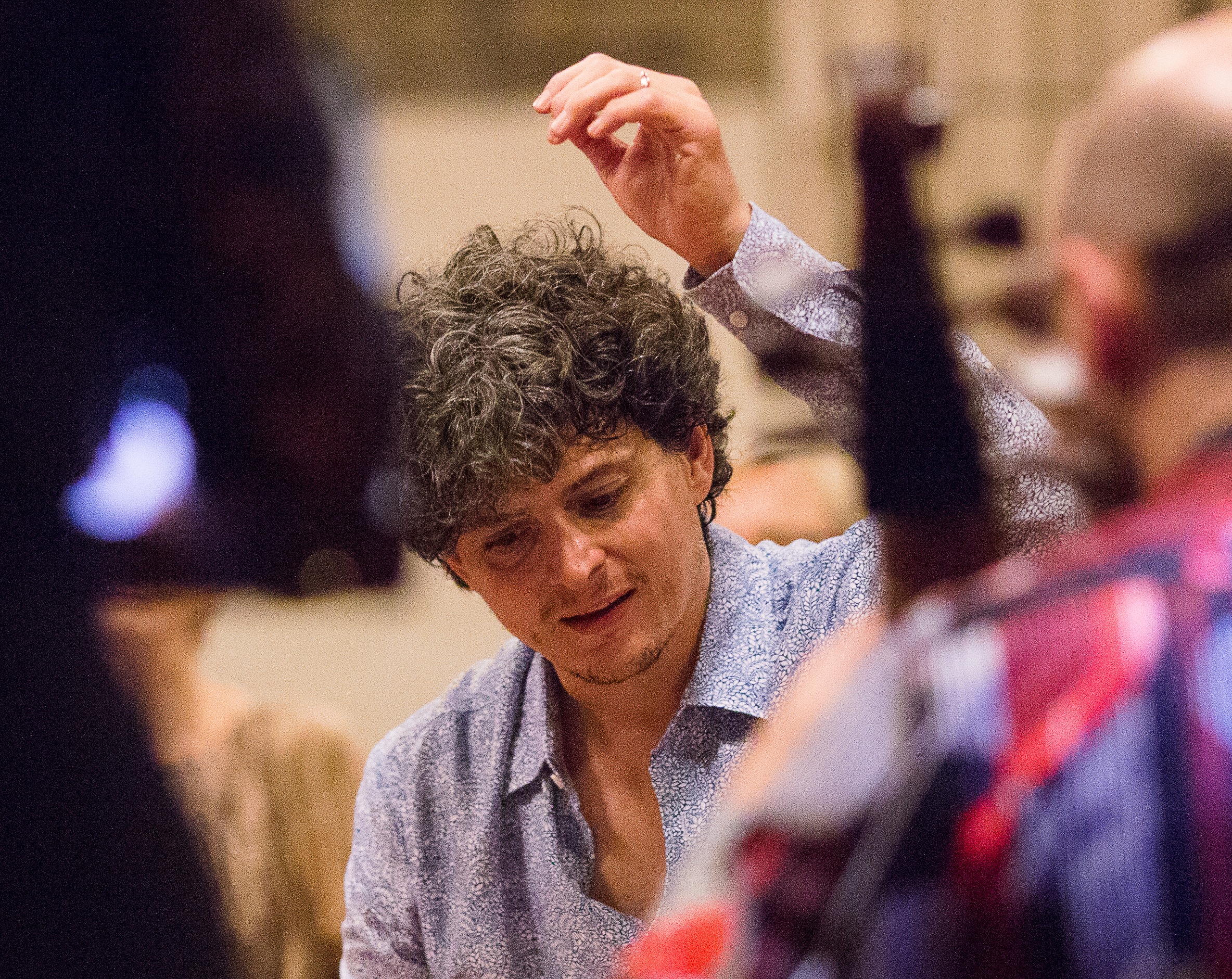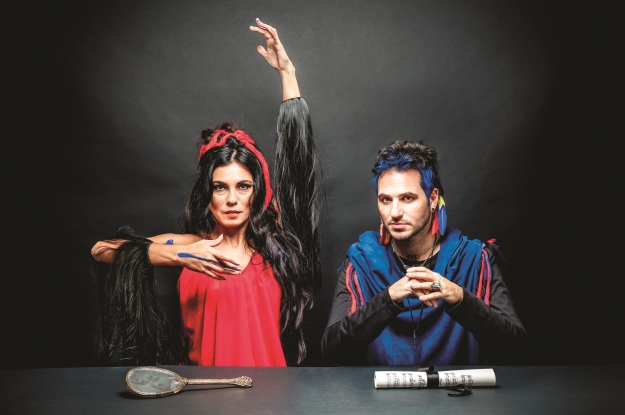When Charo Bogarín and Diego Pérez formed the electronica duo that would become Tonolec in 2000, the music they created had little to do with the cultural heritage of their native Argentina. But when the worst economic crisis in the country’s history hit the following year, that began to change.
On a self-described mission to create a sound that honors the deepest musical roots of their native land, Bogarín and Pérez have for the last 15 years fused electronic music with the songs of the Qom and Guaraní indigenous communities of Argentina’s northeast, where the duo grew up.
Pérez spoke to AQ about Tonolec’s past inspirations, current projects and future plans. This interview has been translated from Spanish and edited for clarity and length.
Americas Quarterly: You started off as an “international” techno group, without an explicit connection to Argentina or its music. How did the transition take place?
Diego Pérez: Charo and I met in 2000, when I was living in Córdoba and she was working as a journalist in Resistencia. We founded Laboratorio Wav [a precursor to Tonolec] and were touring in Europe; everything was a whirlwind. But when we came back to Argentina, in the middle of the 2001 economic crisis, we had a revelation that was in sync with the country’s woes. We felt that what we were doing could have been done anywhere in the world. Our music didn’t contain much of us, of our identity, or of the places where we were born and grew up (Chaco and Formosa). We started to feel unfulfilled by all that, and started our search in the north of the country. When we found the music of the Qom, we felt that it embodied the sound of our landscape, of the Chaco forests.
AQ: Since then, how have you interacted with the communities where you work?
Pérez: After our first encounters with the group Coro Toba Chelaalapí, we started to realize that this experience would transform us not only as musicians, but also as people. For several years now we have also been visiting Guaraní communities. Our latest album, Cantos de la tierra sin mal (Songs from the Land Without Evil), includes Guaraní songs and our own compositions inspired by these trips. We feel that this contact and this connection has been a very enriching and deep journey that we have been walking for 15 years, one that helps us better understand our country’s indigenous peoples and connect more with our own nature, surroundings and roots.
AQ: What are your upcoming projects?
Pérez: We are preparing an album with children’s songs in Qom, Guaraní and Spanish. We are fortunate to have a big following among children, and we feel that it is very important that new generations become familiar with the music, art and words of our indigenous peoples. Our goal is to continue our research which, though it may seem to have already come a long way, is only just beginning.
—
Zubieta is music director at Americas Soceity






